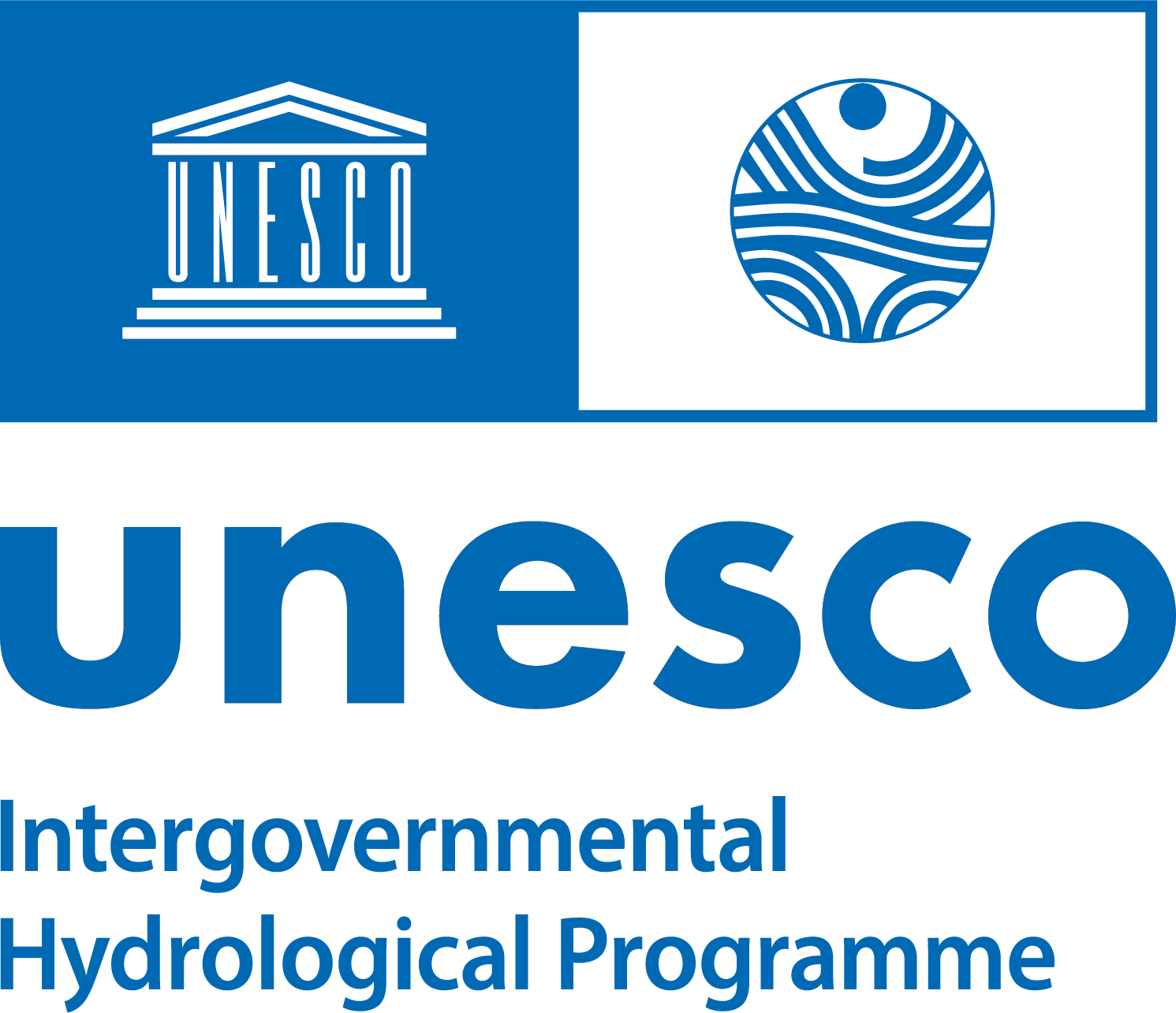Water for Climate Pavilion
This opening panel introduces a transformative vision for water and climate resilience through systems-based approaches. It sets the stage by emphasizing water’s dual role in climate mitigation and adaptation and the need for cross-sectoral, inclusive collaboration. Different experts will highlight innovative solutions – from digital water tools to community partnerships – that break down silos. The session will underscore how integrated strategies, informed by science and date (including citizen and open science, AI,) and the role of bottom-up and inclusive approached such as Youth and Indigenous perspectives, are critical to building resilience in the face of growing climate risks. This opening panel will introduce the concept of systems approaches strengthening and its critical role in building resilience to water and climate-related challenges. It aims to establish a shared framework for understanding the complexities of water and climate resilience, focusing on breaking down barriers between sectors and stakeholders. By drawing on expertise from diverse fields, this session will emphasize the importance of cross-sectoral collaboration, the integration of science and data (including citizen and open science and AI), and the role of bottom-up approaches in strengthening water systems in the face of increasing climate risks.
November 15, 14:30 - 16:00 | Water for Climate Pavilion
As climate change accelerates, water is at the center of the crisis – “we will fail on climate change if we fail on water,” warns the Global Commission on the Economics of Water. Extreme weather and melting cryospheric regions like glaciers threaten water supplies and stability, making integrated action urgent. Water is both how we experience climate impacts and a key medium for successful adaptation, and it also underpins mitigation efforts (e.g. clean energy, carbon sinks in wetlands). Building on COP29 outcomes, COP30 prioritizes systems thinking to tackle these intertwined challenges. This means viewing water and climate through a holistic lens: bridging sectors (water, agriculture, energy, health, finance, etc.), scales (local to global), and generations.
This panel convenes diverse voices to establish a shared understanding of systems strengthening for water-climate resilience, focusing on breaking down barriers between stakeholders and laying a common foundation for the day’s discussions. It will highlight how cross-sector collaboration, science and innovation, and inclusive, bottom-up action can collectively strengthen water systems against climate risks, in line with global efforts like the International Decade of Action for Cryospheric Sciences (2025–2034) that stress protecting vital water sources like glaciers.
Opening (10 min):
Case study presentations: systems approaches in action across different domains (15 min):
Panel discussion – moderated by Stefan Uhlenbrook, WMO
Q&A and interactive discussion
Closing and next steps
